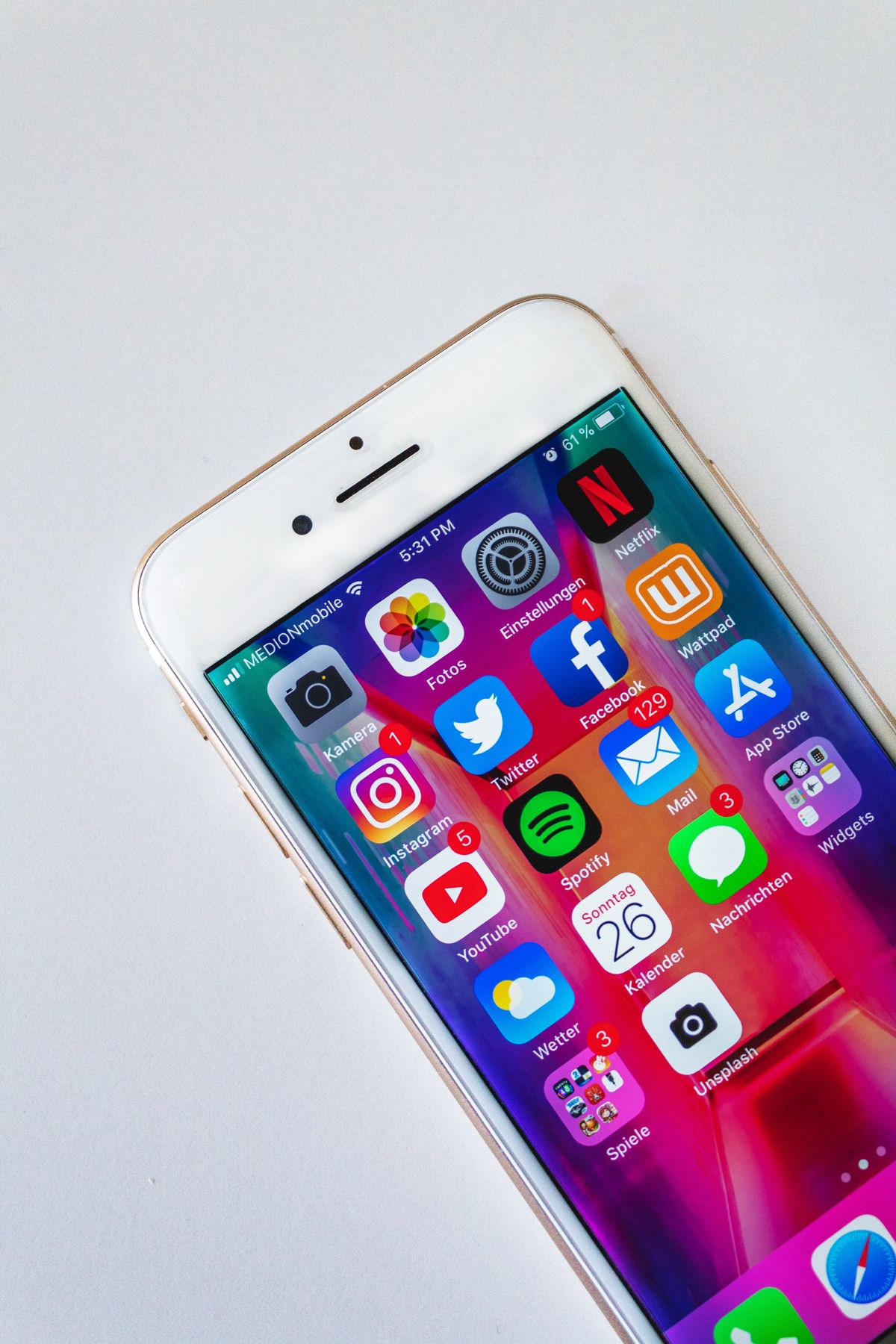Facebook to remove „red dots“ – icon badges to lower our anxiety levels

Facebook is one of the most influencial companies in the world; when they raise a point, and they do not do so very often, maybe it is a good time to listen. This time around, a small product improve gives us some insight into the “social” direction Facebook is thinking of going.
We spend an awefull amount of time online. Facebook and it’s tools (Instagram and WhatsApp), keep us busy for a large part of the day. We spend countless hours browsing through our feeds and looking for the latest news/social updates.
When you are an active Facebook user, I am sure you will know the little “angry red dots” on your app-icons that indicate you’ve missed something. Facebook are looking to remove/change these little demons, or at least, let the user decide whether or not they’d like to see them for certain types of information.
The fact that Facebook looks to give the user more control over its notifications is not that interesting, yet the reason why is.
Mental wellbeing is in focus
The larger tech companies have slowly started to realize, that they need to focus on the long term impact of the tools they have created. Most importantly, it is said that the constant need for attention and social affirmation determine our mental wellbeing considerably.
Hence, Apple recently introduced a “screen time” feature, allowing users to spend a certain amount of time on each app per day. Both Google and Apple have added “night shift” features that filter out blue tones on our phones, mostly so we can sleep better at night.
Facebook has not changed it’s core product much in recent years, though. A few small tweaks to the general layout of the site and apps were done (some color changes – which gives Facebook a cleaner look), but with regards to digital- and mental wellbeing Zuckerberg and his team have not (actively) communicated what they have done.
Removing the red badges might be the first sign of social responsibility of Facebook with regard to our state of mind.
A powerful tool, nonetheless
UX-design is very important for digital products. Design features around notifications and call to actions, the ones that digital marketeers use to communicate with the consumer, are at the core of each and every online product.
Everyone who has a smartphone, intrinsically understands the importance of “the little red dots” that indicate: “There is a message waiting for your.” I have personally turned off as many of these notifications as possible; I know that I’ll check my messages, whenever I want – and I do so far too often, anyway.
Yet, we need these triggers to tell the consumer, he’s missed something. We need communication tools to get their attention. The red badges draw the user’s attention and are critically important to our click through rates and how we trigger users to visit certain parts of our apps and sites.
Are they really looking out for us
Facebook decides to move away from this approach and focus on less interaction, more “billboard style” marketing. This has proven to be very successful for Instagram. On Insta, the user is hardly triggered by badges.
Maybe, Facebook have learned that users leave their product whenever they are done reading all notifications. Quite possibly, exploration keeps the user engaged and interested. Hence, getting rid of the notifications might not actually be just for our mental wellbeing, but a “time on site” optimization.
Our user behavior does not change quickly. We as consumers, get used to the tools we use on a daily basis at some point, but muscle memory takes a long time to build up. Instagram was a game changer for Facebook. The way users interact with Insta is significantly different from the traditional Facebook site and apps.
Maybe, Facebook have learned a thing or two here. Maybe, they are not really looking out for us, but merely for themselves. Or just maybe, this was actually a positive, social move – far more significant than we’d ever give them credit for.


